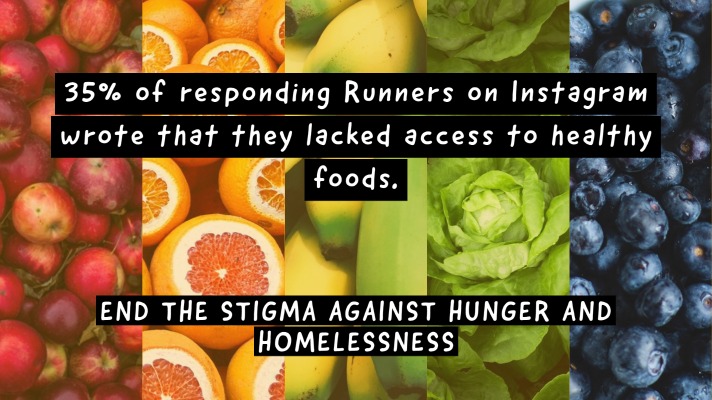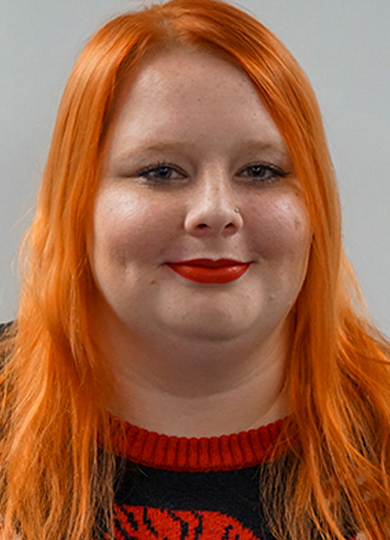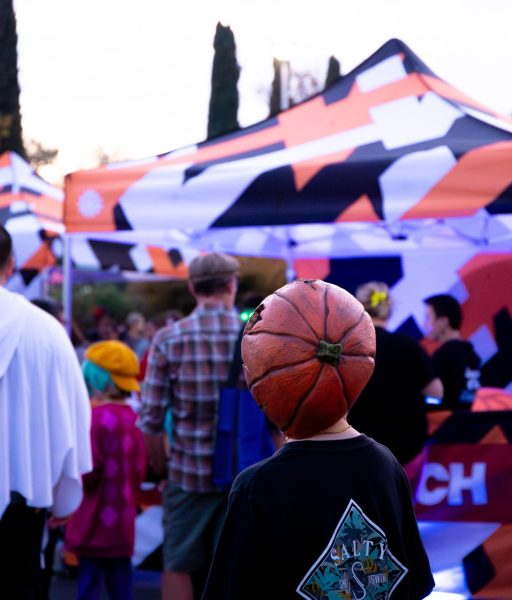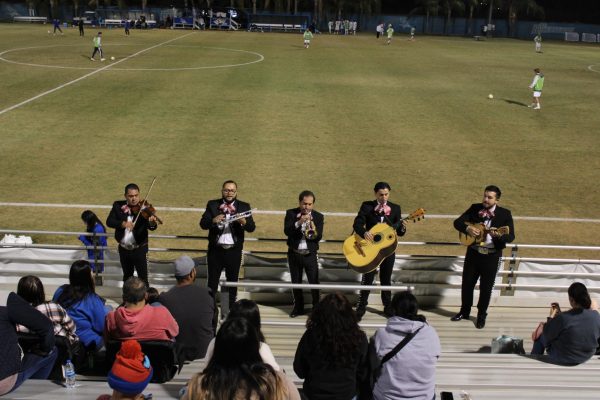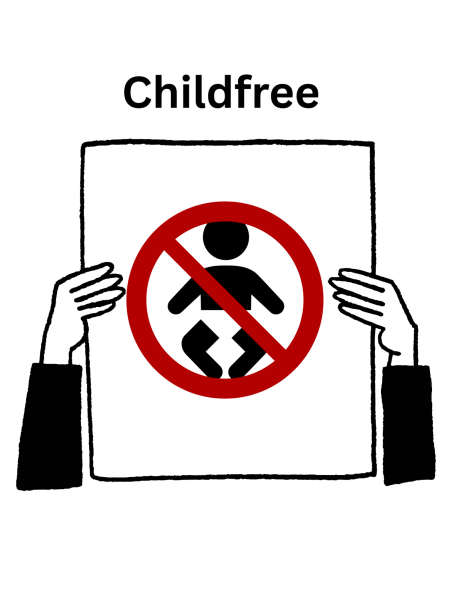Destigmatizing hunger & homelessness and building empathy one talk at a time
November 30, 2020
Community members gathered on Nov. 18 for CSU Bakersfield’s Associated Student Inc.’s (ASI) Runner Hour to talk about stigmatized topics every community has faced: hunger and homelessness.
Wednesday’s discussion focused on bringing awareness to the topic overall in an effort to destigmatize it and build empathy that can lead to action.
The hour-long Zoom event was a discussion that included a Q&A. The Q&A at the end of the event allowed for the attendees to chime in with questions, although there were many opportunities to participate during each panelist’s section by using the chat function or unmuting their mic.
CSUB’s president, Lynnette Zelezny, was among participants and during the event offered responses for the questions aimed towards attendees.
Speakers included Jason Watkins, Assistant Director for Basic Needs, Olivia Warren, Campus Advocate, and Ruth Miles, counselor at the CSUB Counseling Center.
Watkins began the discussion by defining terms relevant to the topic, including food insecurity and the word homelessness.
“It’s way more common than many people think, and especially, for all of you students who are joining us today, I want you to know that if these are things you struggle with, you are not alone,” Watkins said in regards to the reality of people who face these issues.
To involve the attendees in the conversation, Watkins welcomed them with an ice breaker.
Watkins presented participants with different scenarios, and instructed them to write down the first thing that came to mind when presented with the scenario.
One example of a listed scenario was “A person smelling of stale liquor is buying aspirin at 6 a.m.”
Multiple attendees voiced their thoughts on what they thought was going on in each given scenario, including the previous example. One participant shared that they initially thought the person in the scenario was buying painkillers because they had been drinking.
In response to participant’s feedback, Watkins offered a different response to those given by the participants.
“They spilled a bottle of rum when they were reaching for their breakfast cereal, bumped their head on the cupboard, and now they are attending to their wound,” Watkins said.
After describing this possibility, Watkins explained that the point of the exercise was to break the stigma associated with these types of scenarios, and make people wary of the preconceived notions made when the reality might not be what they think.
Watkins continued by debunking myths on homelessness and food insecurity. Moreover, Watkins told attendees to pay attention to research, and emphasized the importance of educating oneself in order to lessen the fundamental attribution error he said everyone makes.
According to Watkins, fundamental attribution error happens when an individual “[overestimates] the influence of personality/disposition and [underestimates] influence of situations.”
Warren used the opportunity to share information on vulnerable populations that she identified as being more at-risk for food insecurity and homelessness.
Warren included children, college students, and minorities in the vulnerable populations.
Warren explained multiple reasons why these individuals are at a higher risk to be susceptible to food insecurity and homelessness.
Low socio-economic status and mental health, and physical health are significant factors in why these groups can be more at-risk. However, Warren reminded participants that these may not always be the reasons.
“It’s more than like what Jason said- those myths aren’t true… That if they’re mentally ill, that they’re always violent, that they’re something like that. Most of the time, it’s not the case. Sometimes people can just go into a hard situation,” Warren said.
Moreover, Warren discussed the effects of homelessness and hunger.
According to Warren, one example includes how homelessness can negatively impact pregnant women by creating pregnancy complications.
“If there’s a mother that is pregnant, they can still be homeless, and it can complicate the pregnancy. Maybe they don’t have an address so how are they going to go to the doctor? Maybe they don’t have insurance, they’re not able to feed themselves and to have healthy meals,” Warren said.
Behavior is another aspect influenced by hunger and homelessness.
“We talked about foster youth and children. So, maybe it can affect their behavior in school if they don’t have somewhere to go home after they leave school, or the only meals they’re getting is when they’re at school,” Warren said.
To end her discussion, Warren asked attendees to list some ways they can help the vulnerable populations.
Utilizing the chat function, Miles offered the option of volunteering for existing programs that intend to help these individuals and also mentioned “[talking] more openly about these topics in a non-judgmental way to reduce stigma.”
Zelezny wrote that the idea of scholarships and comprehensive support could be one way of helping.
Numerous others’ responses to the question typed in the chat involved changing one’s mindset in order to benefit others and not just themselves.
Warren’s discussion on vulnerable populations allowed attendees the opportunity to better understand the need for empathetic behavior towards the specific people facing these issues. Miles continued the discussion with a presentation on how to build and express empathy.
Miles began her discussion on empathy by defining the word; she defined empathy as “the ability to feel what other people feel.”
Moreover, she distinguished the difference in meanings between similar sounding words sympathy and empathy.
“Sometimes people will wonder what’s the difference between sympathy and empathy. Sympathy is more of a feeling bad for someone… Empathy takes it a step further, where we’re really connecting with the emotions of what someone might be going through,” Miles said.
Miles discussed the importance of empathy and described some barriers to empathy while interacting with attendees by asking what they themselves thought.
Morgan Griffin, a CSUB alumnus, wrote some barriers to empathy. Griffin wrote in the chat that selfishness was one barrier, then shared her feelings towards empathy and her personal relationship with it.
“I believe that life experiences and hardship can foster empathy,” Griffin wrote.
Miles verbally agreed with this, but also said how the opposite can be true as well.
Miles said experiences can make people less empathetic because they went through it and have the mindset that others can too.
To conclude her topic on empathy building, Miles listed for attendees some of the ways to increase empathy toward others. These were a call to action.
A few things Miles told participants that they could do included obtaining honest feedback from others, looking and reflecting on personal biases, and taking the time to think of and ask questions.
The end of the event was reserved for questions. No attendees took this opportunity, but they instead thanked the speakers for their presentations on the topic.
Watkins also mentioned that students who attended were to receive an Uber Eats gift card by sending their student ID to Rubicelia Alvarez, Director of the Office of Student Rights and Responsibilities, over the private message feature on Zoom.
Watkins took the last few minutes to thank those who attended, commending them on taking the time and effort to learn about issues and taking it one step further.
“You’re part of the solution here,” Watkins said.



